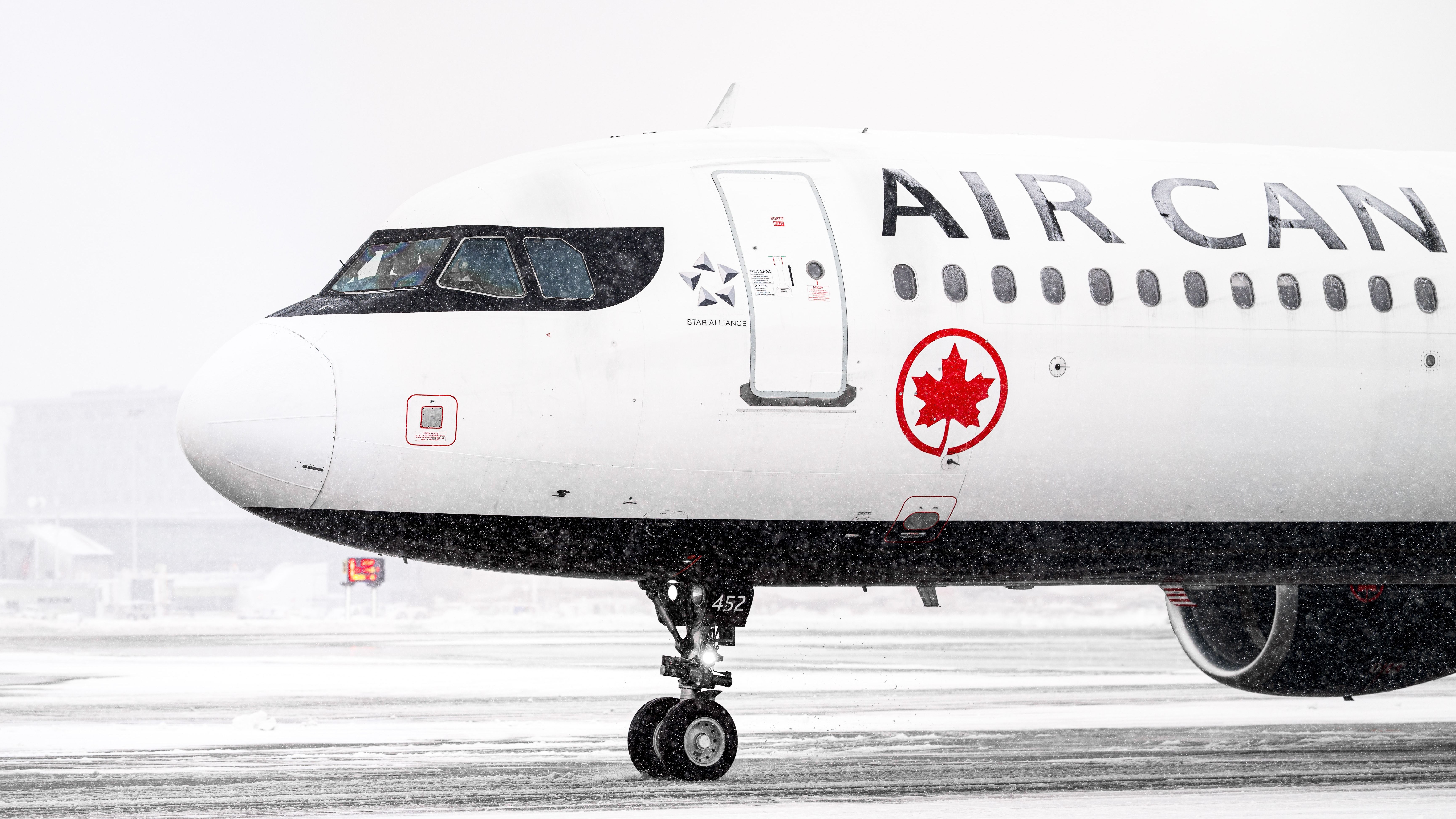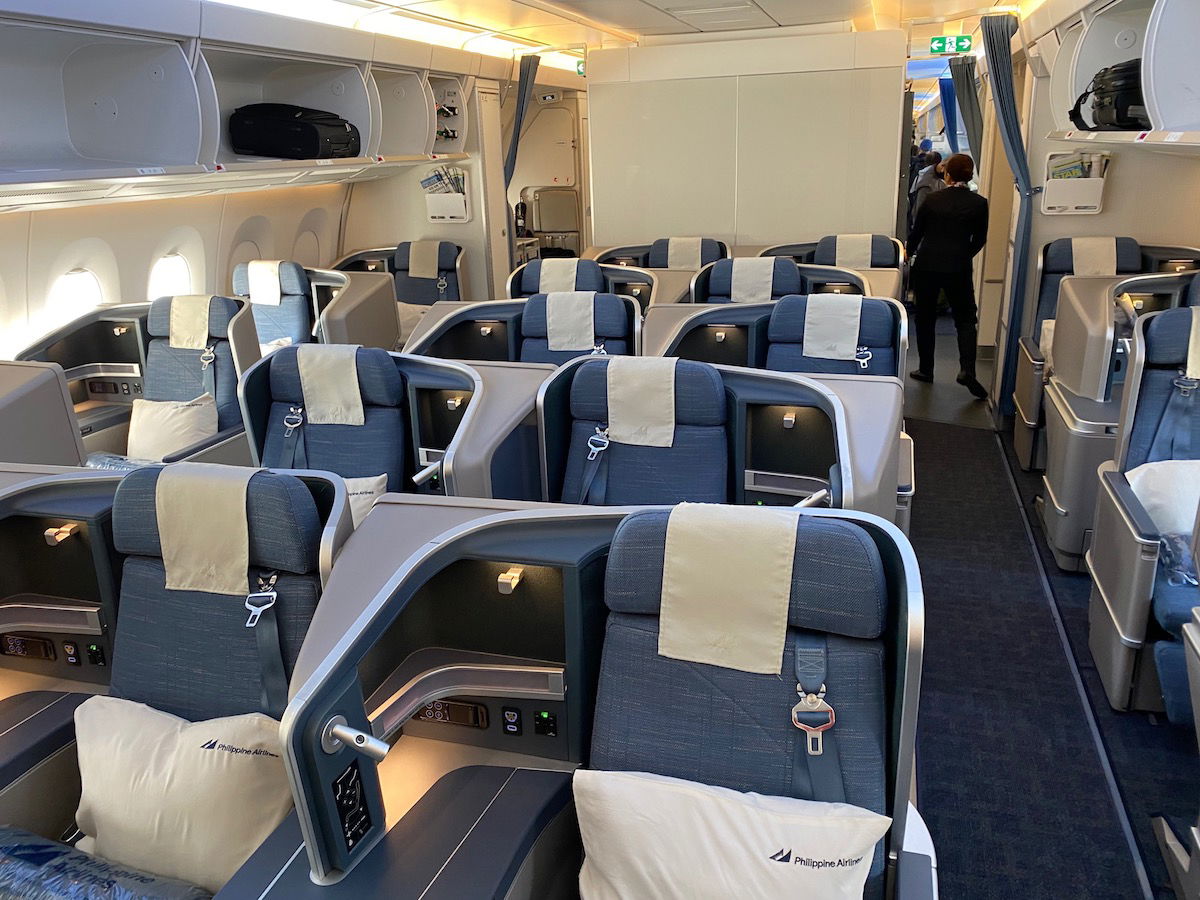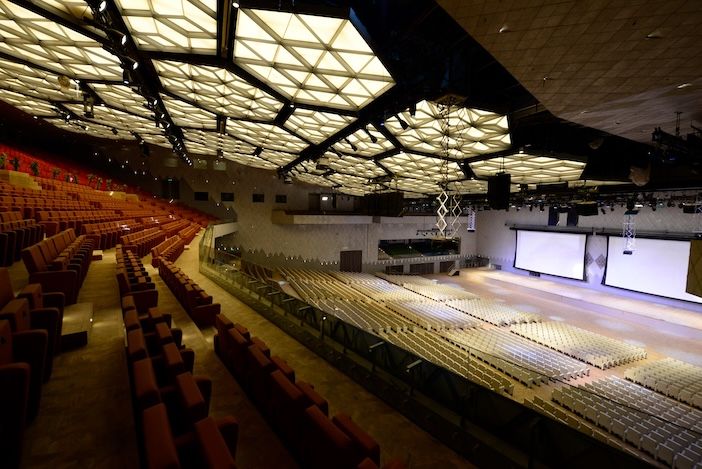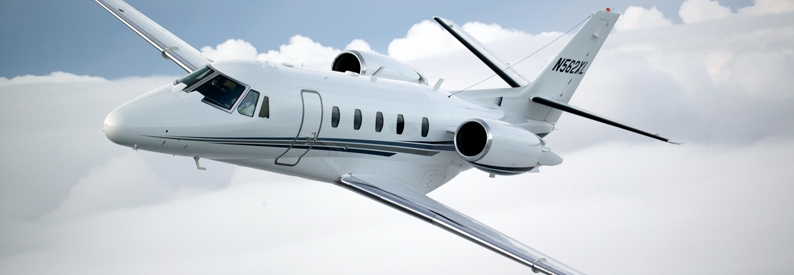Air Canada New Boeing 787-10 and First A321XLR Delivery Delayed

Air Canada Delivery Delays and Fleet Expansion Plans
Overview
MONTREAL- Air Canada (AC) delayed deliveries of its Boeing 787-10 and first Airbus A321XLR to 2026. The airline, operating from Toronto (YYZ), mitigates impacts while advancing its New Frontiers plan despite supply chain challenges.
Delayed Aircraft Deliveries
Air Canada (AC) announced on May 9, 2025, that deliveries of its first Airbus A321XLR and Boeing 787-10 aircraft, initially expected in Q4 2025, are now deferred to Q1 2026, as stated by CFO John Di Bert during the airline’s earnings call. The A321XLR, powered by Pratt & Whitney PW1100G geared turbofans, and the larger 787-10 are critical to the airline’s New Frontiers plan, aimed at expanding long-haul routes. The delays are attributed to Airbus and Boeing’s ongoing production and supply-chain issues. This marks a shift from Air Canada’s March 2022 plan, which anticipated A321XLR deliveries starting in 2024.
Fleet Expansion
The Montreal-based carrier, with 30 A321XLR firm orders and options for 10 more, plans to deploy these jets for transatlantic and secondary long-range routes from Toronto. The 787-10, with 18 firm orders and 12 options per Cirium data, will enhance capacity on high-demand routes like Montreal (YUL) to London (LHR). CEO Michael Rousseau emphasized readiness to integrate these aircraft. He noted proactive management with partners to mitigate delays through 2028, ensuring minimal disruption to Air Canada’s 2026 schedule.
Supply Chain and Production Issues
Airbus and Boeing’s delivery delays stem from supply-chain bottlenecks and production stabilisation efforts. Airbus, aiming to certify the A321XLR in 2023, faced setbacks, pushing Air Canada’s timeline from 2024 to 2026. Boeing’s 787-10 delays, part of a broader production slowdown, reflect quality control measures post-2021 grounding, as reported by Reuters. These issues, affecting 30% of global narrowbody orders per IATA, have forced Air Canada (AC) to adjust its fleet plan, maintaining older A330s and 737s at Calgary to cover capacity. Despite U.S. tariffs on Canadian and European aircraft, Air Canada (AC) expects no short-term delivery impacts, as tariffs primarily affect 2027–2028 schedules. The airline’s proactive approach includes leasing agreements and schedule adjustments, ensuring continuity on routes like Montreal (YUL) to Paris (CDG). Di Bert’s assurance of managing “parameters” reflects Air Canada’s two-year preparation for such delays, minimizing operational strain.
A220 Groundings
Air Canada (AC) faces additional challenges with 5 Airbus A220-300s grounded for over 30 days due to Pratt & Whitney PW1500G engine recalls, per Cirium. CEO Mark Galardo noted the grounding peak has passed, with a progressive return to service expected in 2025, bolstering regional routes from Halifax (YHZ). The airline anticipates receiving 8 A220s and 3 737 Max 8s by year-end, increasing its fleet to 42 A220s and 48 737 Max, supporting domestic and U.S. routes from Vancouver (YVR). These deliveries ensure operational resilience despite A321XLR and 787-10 delays.
Market Context
Air Canada (AC) reported a C$102 million ($73 million) loss.

JAL taps IFS Cloud for global MRO

Philippines Airlines to take first A350-1000s in late 2025
:max_bytes(150000):strip_icc()/GettyImages-2175886042-ac02b8f00d5446a682be3d4f3c2838ee.jpg)
Joby Aviation Stock Jumps on Agreement to Explore $1B Saudi Arabia Launch

Details of the 2026 Aircraft Interiors India show are announced

AI and Trusted Data: Building Resilient Airline Operations | AI in Aviation

Virgin Atlantic, TCS ink seven year partnership to modernise airline's core system with AI-led solutions

High-Quality Data and AI Transformation Critical to Building Airlines' Operational Resilience

TCS and Virgin Airlines sign 7-year agreement for AI, cloud upgrade

Virgin Atlantic and TCS Extend Two-Decade Partnership to Modernize Airline Operations with AI-led Solutions
